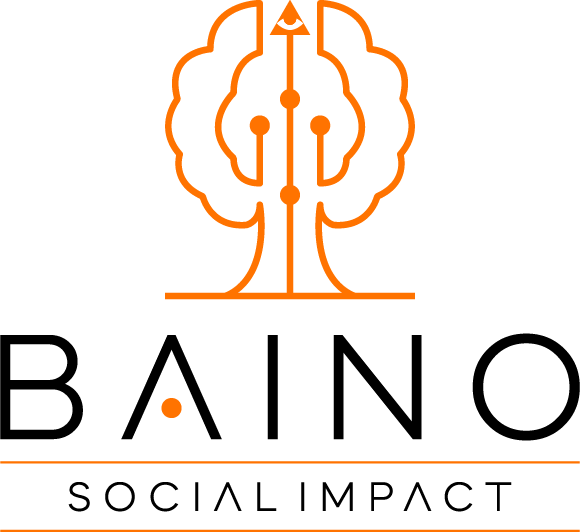For adults 18 years or older looking to develop their reading, writing, math, computer, and other skills to get further education, apprenticeship training, and employment.
Unlike child education, adult education is where adults engage in systematic and sustained self-educating activities to gain fresh knowledge, skills, attitudes, or values.
The Busoga Adult Literacy Program is a community-based volunteer organisation that should seek to provide different related services to enable adults to achieve personal goals through literacy, knowledge, and skill.
It involves any form of learning that adults engage in, and that is beyond traditional schooling. It encompasses basic literacy but also extends to personal fulfilment. In other words, it is driven by a lifelong learner’s attitude.
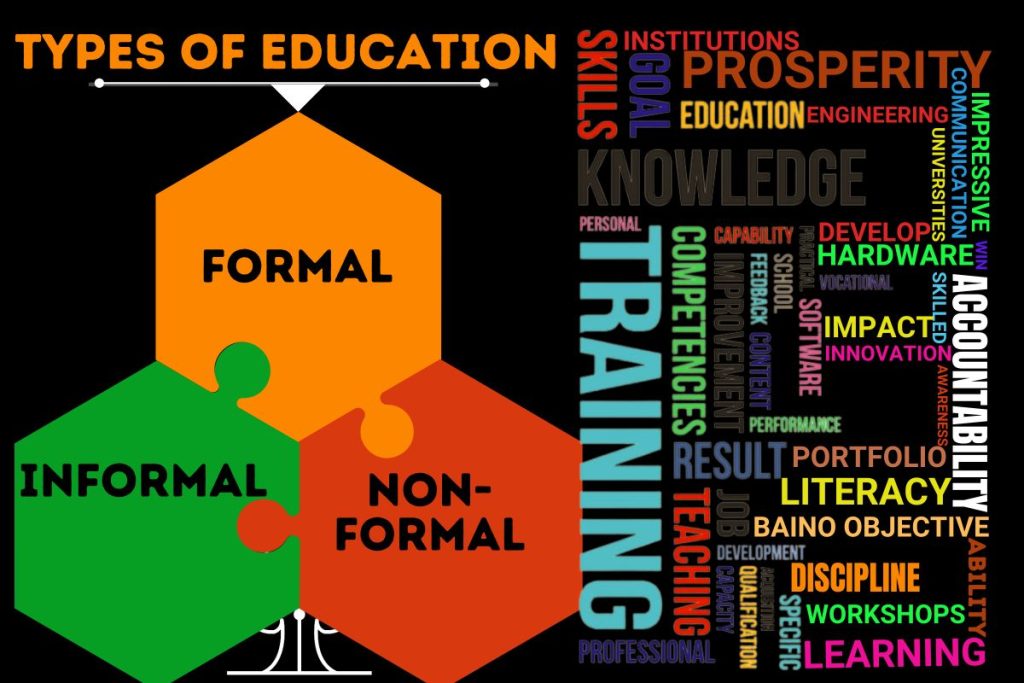
Literacy in this service, and as mentioned elsewhere, is the ability to read, write, calculate, speak, and understand, as well as sign (for people who are deaf or hard of hearing) and communicate in other forms of language, as required for the attainment of the vision or goal of the Busoga region.
Digital technology skills, interpersonal skills, and problem-solving and critical thinking skills are an equal part of this definition.
Literacy is a continuum of these and several other skills that should be infused into our everyday lives – at home, work, education, and every corner of our existence.
In particular, adult education reflects a specific philosophy about learning and teaching based on the assumption that adults can and want to learn, are able and willing to take responsibility for their learning, and that the learning responds to their needs.
Adult learning is driven and affected by several factors, including what one needs or wants to learn, available opportunities, an individual’s learning style, demography, and technology.
Learning can occur in and through various contexts, just like how adults’ lives naturally differ.
Adult education can be classified into three types: official, non-formal, and informal education. It could also get categorised as occupational, social, recreational, or self-development.
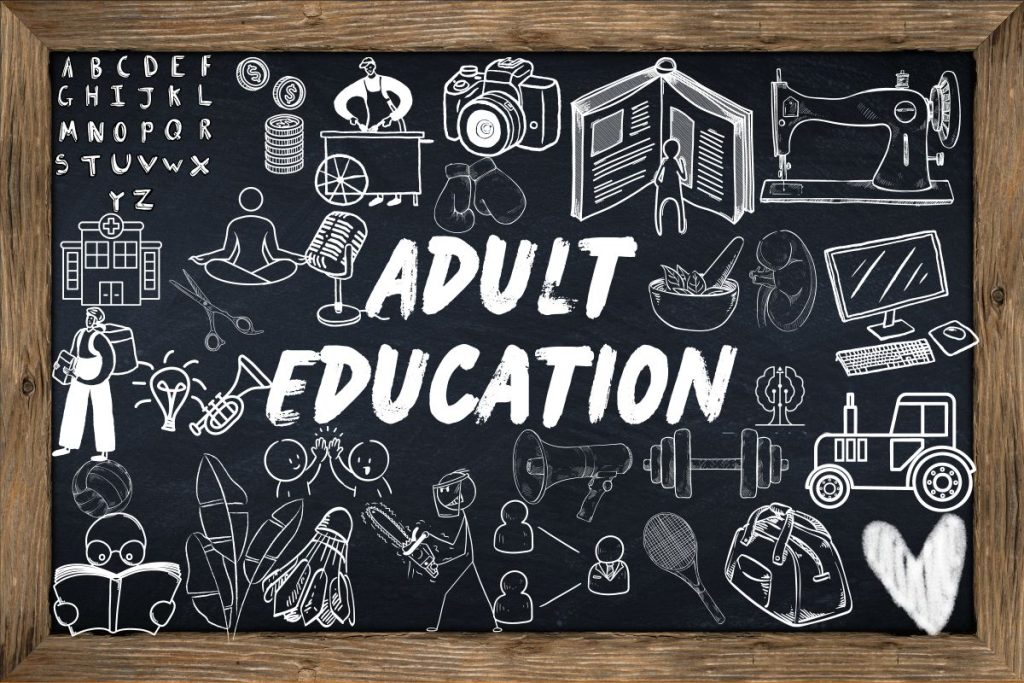
Duties of the Program Administration
The Adult Literacy Program administers training and fosters excellence. It ensures that interested members get equal access to offered services to help them acquire the basic skills they need to move along with the demands of this modern global village.
The program also lobbies and solicits all kinds of required support to establish and improve the quality of the training offered and other services in the program.
In addition to ensuring the accountability of the received financial and material support, the programme coordinates and categorises applicants based on their current capabilities. It also helps assemble certified volunteer tutors who carry out the training.
The Department of Adult Education and Literacy (DAEL) administers the program’s day-to-day operations to make it a viable venture.
Adult Teaching vs. Children Education
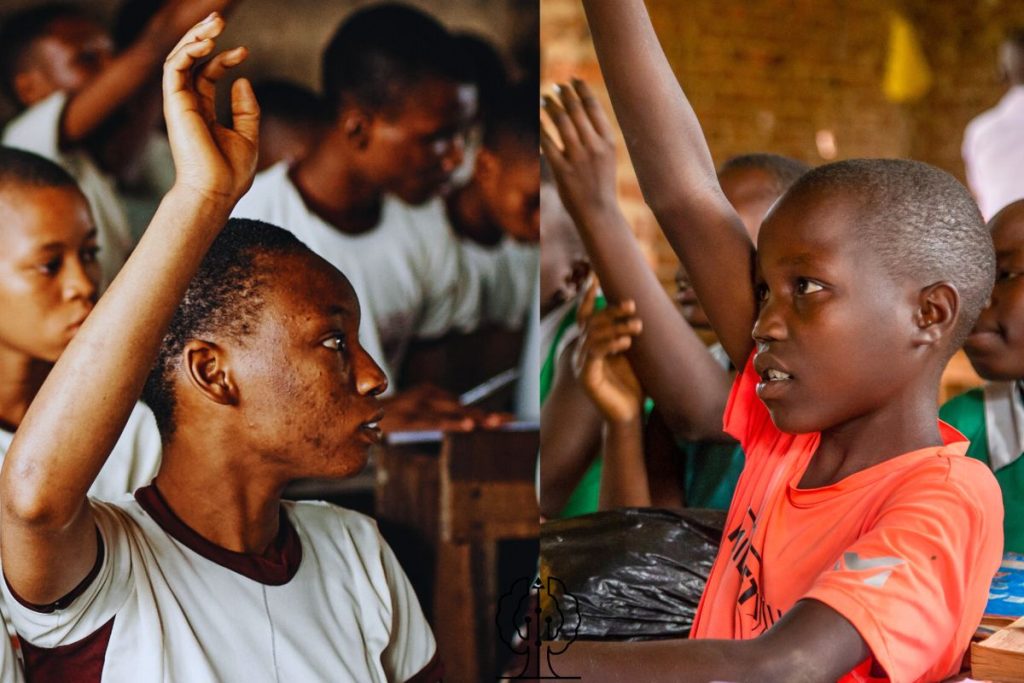
Educating adults differs from educating children in several ways.
Because adults have accumulated knowledge and work experience over the years, it accelerates and adds to their learning experience.
Most adult education is voluntary; therefore, the participants are usually self-motivated unless their employers encourage them to attend certain classes.
Because the characteristics of child and adult learners differ, so do the factors that influence their learning.
Most notably, adults have many responsibilities to juggle with the demands of learning. These responsibilities create multifaceted barriers and challenges in their learning process.
Such challenges could fall under external or internal factors or both. Cost and time are the most restricting factors. Costs can include expenditures required for learning, such as clothes, food, transportation, etc.
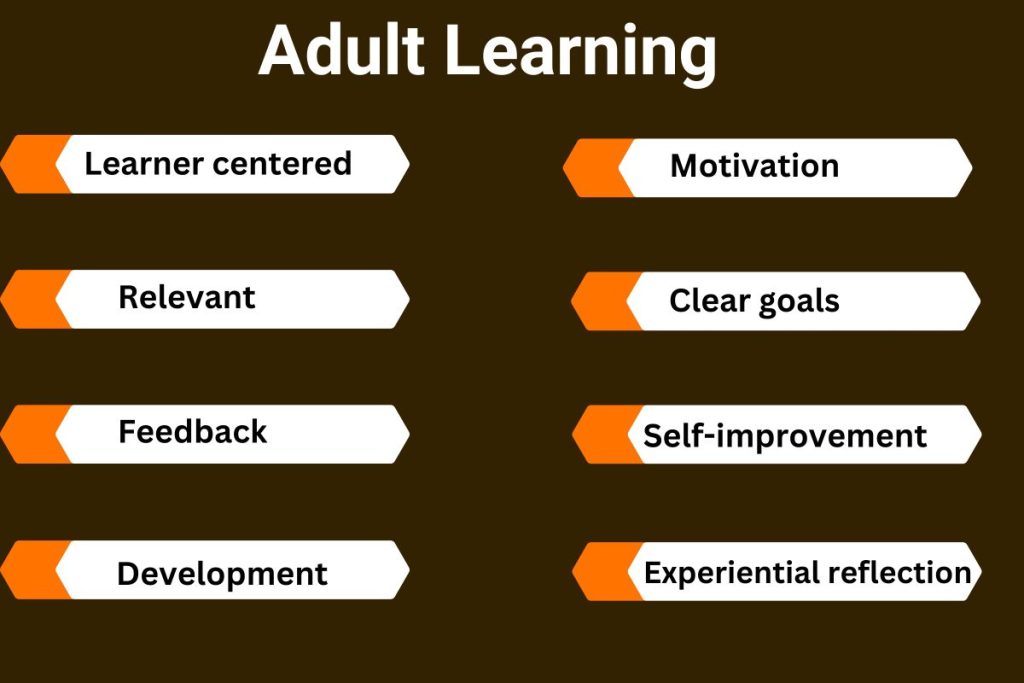
The primary purpose of this adult education program is to provide a second chance for those who are poor in society or who have lost access to education for whatever reason to give themselves a fighting chance. It also aims to keep members updated on the changing modern world.
With the progress and improvement of this global economy, the required qualities befitting the demands of modern life have increased. Lifelong education is now mandatory.
Because of the constant technological developments and changes in social life and the surrounding environment, knowledge and information are in a cycle of continuous transmission. Therefore, modern citizens are encouraged to supplement and update their skills to meet contemporary expectations.
Benefits
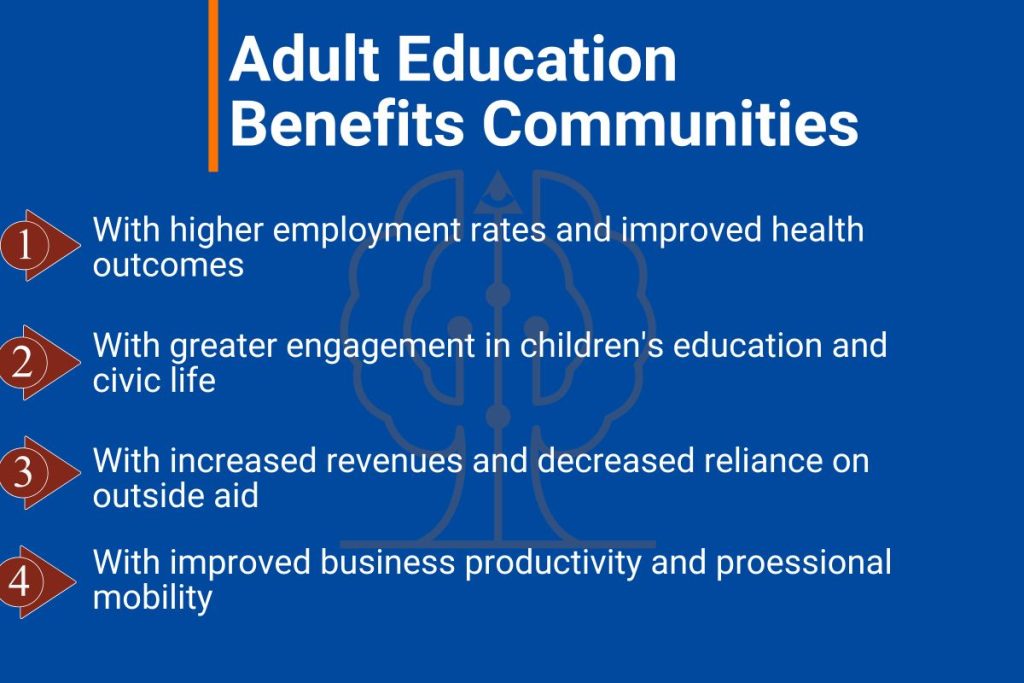
Adult education can have many benefits ranging from better health and personal well-being to greater social inclusion provided by the variety of social networks one can be a part of.
It provides considerable opportunities for finding new or better employment, thus increasing the possibilities of having a valuable and positive impact on the economy. The correlation between innovation and better-quality knowledge in the workplace is evident.
Continuing and adult education can help adults maintain certifications, fulfil job requirements, and stay updated with new professional developments in their field.
Adult learning is an important channel to help readjust workers’ skills to improve their effectiveness and fit in modern and future requirements.
Also, it is widely considered that workers with more education and skills are crucial indicators of actual development.

Unfortunately, adults who are low-skilled, unemployed, or from a low socioeconomic background are less likely to participate in education/training. Adults are also less likely to participate in adult education as they age.
Uganda is a low-income country with a high rate of adult illiteracy. According to the most recent estimates, over one in three adults cannot read, and many can’t write their names. Busoga, a region in the eastern part of the country, was reported to have the highest illiteracy rate, along with the northern parts. However, more people suffer from illiteracy in Busoga than anywhere else. Women were found to be more illiterate than men.
The fact that the dropout rates in regular schools have been increasing in the last 7-10 years suggests that adult illiteracy rates will increase as the number of youths dropping out of school increases.
Thus, no society today needs this adult education project up and running more than the region of Busoga in the eastern part of Uganda.
